
All-cash buyers at 26% of the market.
Median age of the typical homebuyer: a stunning 59 years old.
nar.realtor/research-and...

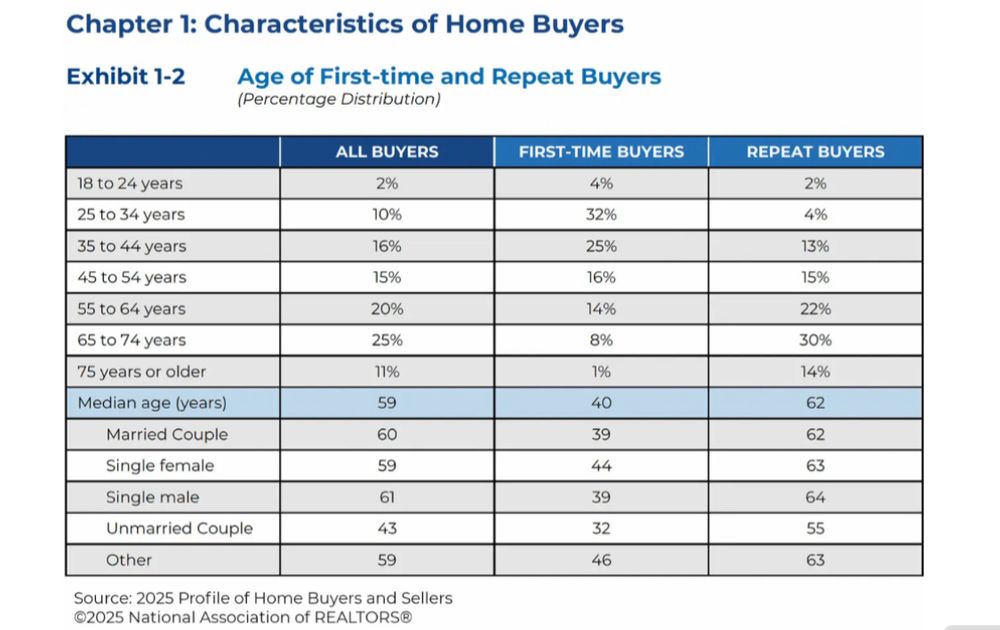
All-cash buyers at 26% of the market.
Median age of the typical homebuyer: a stunning 59 years old.
nar.realtor/research-and...
Moreover, transit providers in Trump-voting states would get disproportionately hurt.
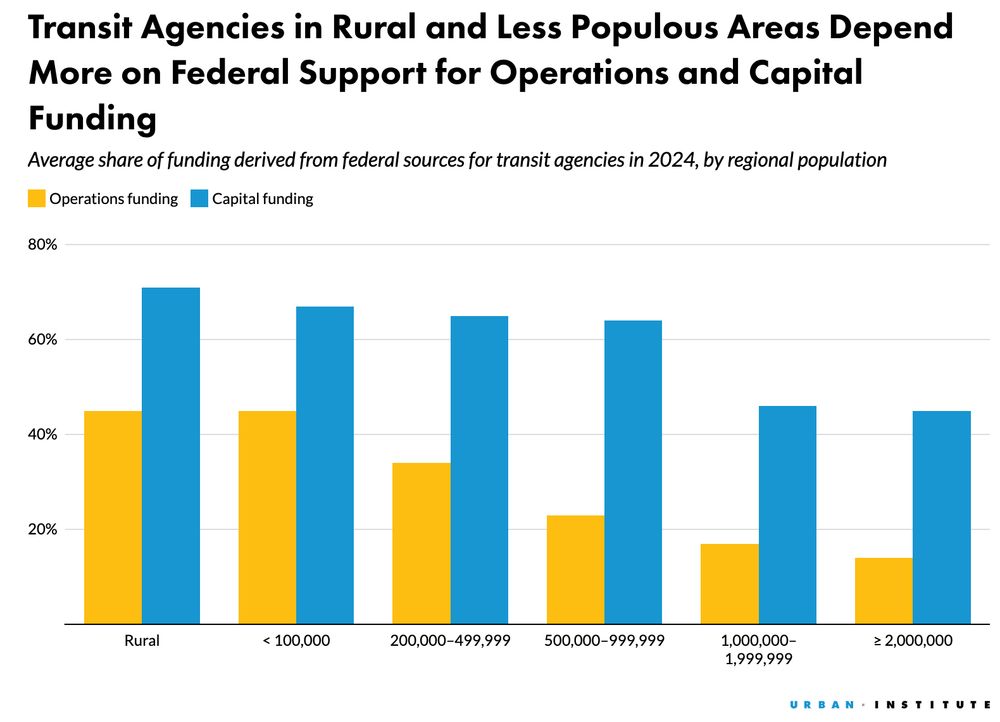
Moreover, transit providers in Trump-voting states would get disproportionately hurt.
But even if the federal government cut ALL transit funding, and directed all revenues to highways, it would still have an almost $200 billion gap by 2035!

But even if the federal government cut ALL transit funding, and directed all revenues to highways, it would still have an almost $200 billion gap by 2035!
Between 2025 & 2035, the difference between spending & revenues is estimated to be a massive $436 billion.

Between 2025 & 2035, the difference between spending & revenues is estimated to be a massive $436 billion.
At the same time, car traffic in Paris and on its ring highway is substantially lower than it was pre-pandemic. www.institutparisregion.fr/mobilite-et-...



At the same time, car traffic in Paris and on its ring highway is substantially lower than it was pre-pandemic. www.institutparisregion.fr/mobilite-et-...

The full board briefing on this is worth checking out: www.wmata.com/about/board/...


The full board briefing on this is worth checking out: www.wmata.com/about/board/...
Over 15 years, Metro plans full automation & platform screen doors, which the agency says will improve safety, reliability, & travel times—at reduced costs.
www.wmata.com/about/board/...




Over 15 years, Metro plans full automation & platform screen doors, which the agency says will improve safety, reliability, & travel times—at reduced costs.
www.wmata.com/about/board/...
—Obligated spending—promised funding—from EPA & Department of Energy increased more rapidly to disadvantaged counties than other counties
—But at the Departments of Transportation & Interior, obligations for disadvantaged counties increased *less* quickly than other counties.


—Obligated spending—promised funding—from EPA & Department of Energy increased more rapidly to disadvantaged counties than other counties
—But at the Departments of Transportation & Interior, obligations for disadvantaged counties increased *less* quickly than other counties.


But spending on non-streets/highway investment, like rail transit, flatlined. States & cities *reduced* spending on rail transit after the law passed.


But spending on non-streets/highway investment, like rail transit, flatlined. States & cities *reduced* spending on rail transit after the law passed.
As a share of the federal budget & of the US GDP, transportation spending had declined dramatically since the 1960s.


As a share of the federal budget & of the US GDP, transportation spending had declined dramatically since the 1960s.


Unfortunately, these programs do not enroll all the people who are theoretically qualified to use them.
The report recommends implementing auto-enrollment practices rpa.org/work/reports...
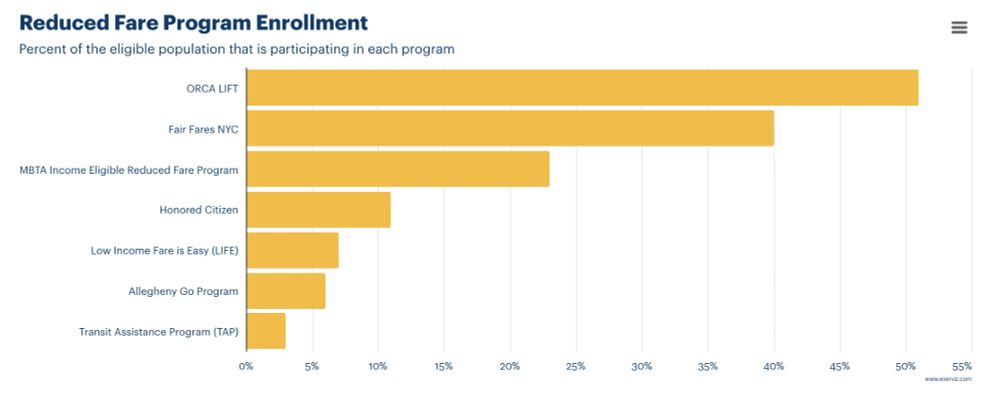
Unfortunately, these programs do not enroll all the people who are theoretically qualified to use them.
The report recommends implementing auto-enrollment practices rpa.org/work/reports...





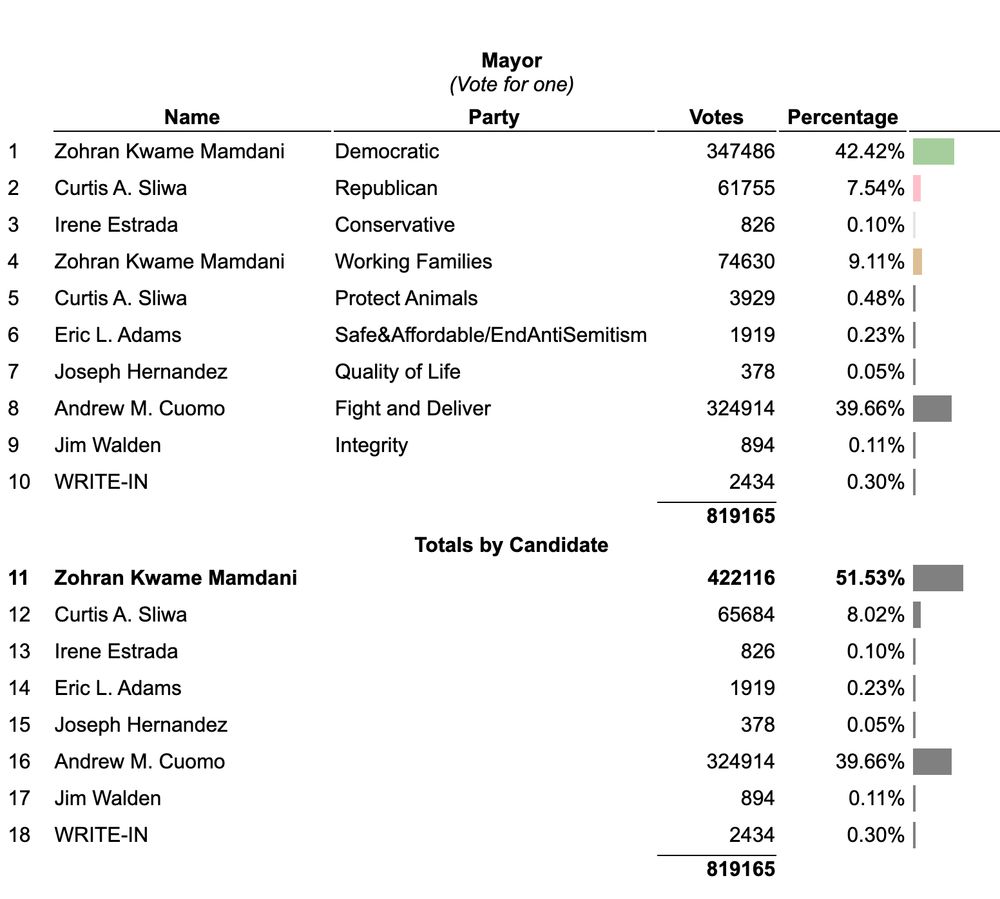

The neighborhood development bond issue would provide $500 million for neighborhood development and affordable housing.

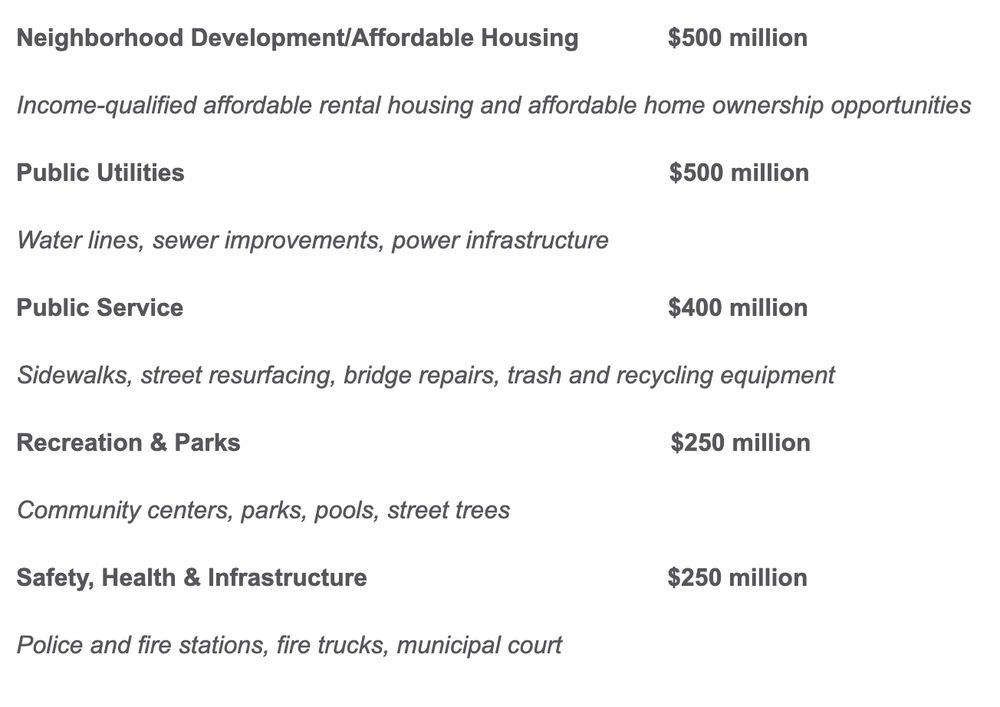
The neighborhood development bond issue would provide $500 million for neighborhood development and affordable housing.
You can’t remember that, because those things never happened.
What Trump threatens—cancelling funds because of election results—is unprecedented.

You can’t remember that, because those things never happened.
What Trump threatens—cancelling funds because of election results—is unprecedented.
www.nber.org/papers/w34131

www.nber.org/papers/w34131

